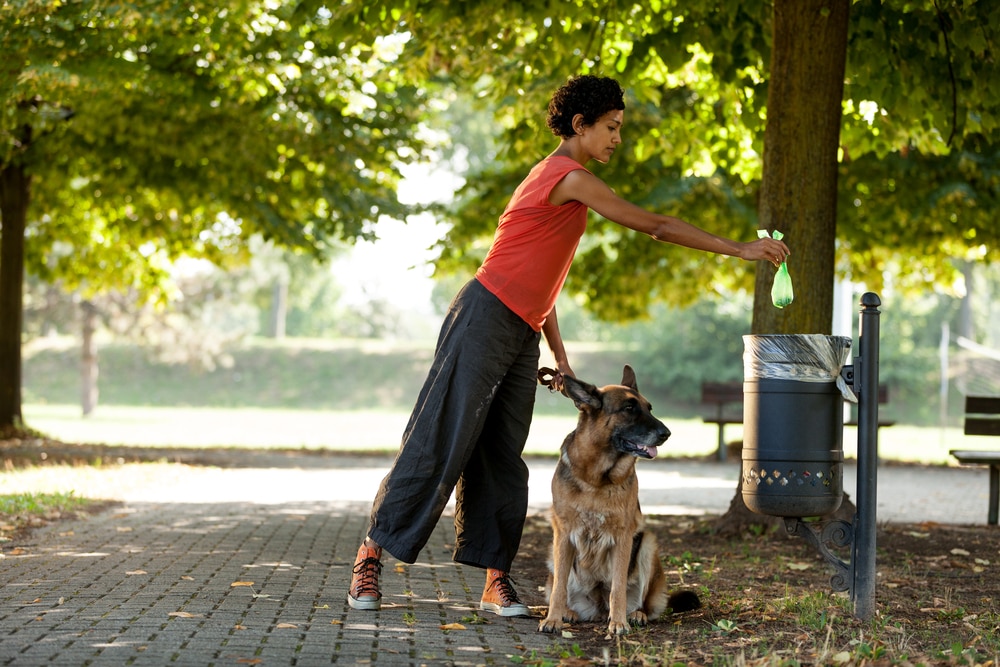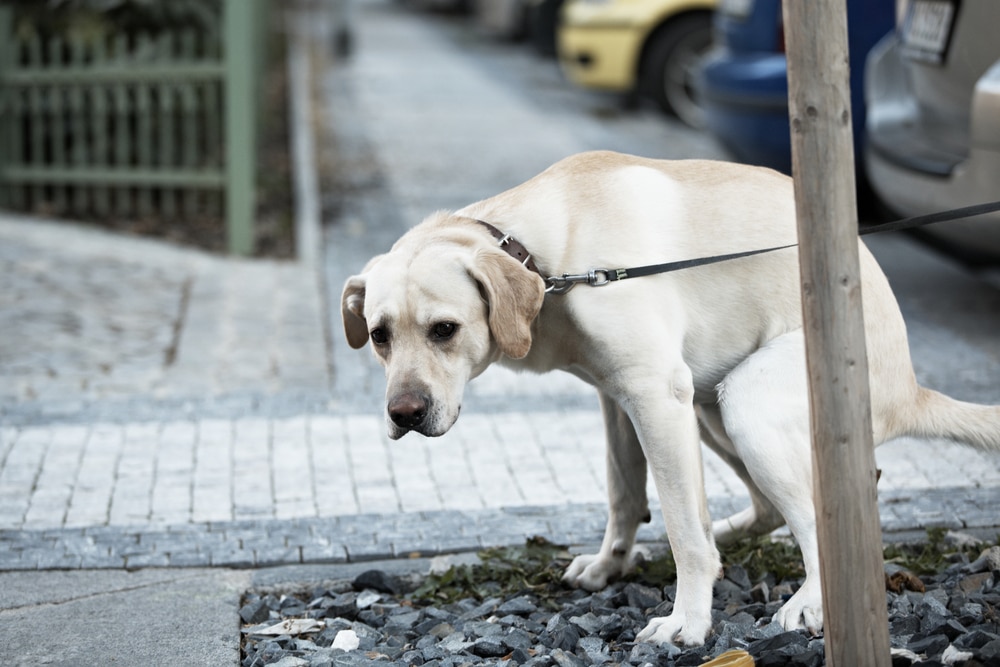
-
Find the right food for your petTake this quiz to see which food may be the best for your furry friend.Find the right food for your petTake this quiz to see which food may be the best for your furry friend.Featured products
 Hill's Science Diet Adult Chicken & Beef Entrée Dog Food
Hill's Science Diet Adult Chicken & Beef Entrée Dog FoodChicken & Beef Entrée in a delicious loaf with complete & balanced nutrition to help keep adult dogs active and healthy
Shop Now Adult Chicken & Barley Recipe Dog Food
Adult Chicken & Barley Recipe Dog FoodSupports lean muscle and beautiful coat for adult dogs
Shop Now Adult Large Breed Chicken & Barley Recipe Dog Food
Adult Large Breed Chicken & Barley Recipe Dog FoodSupports healthy joints, lean muscle, and beautiful coat for large breed dogs
Shop NowFeatured products Senior Vitality Adult 7+ Tuna & Vegetables Stew
Senior Vitality Adult 7+ Tuna & Vegetables StewImproves Everyday Ability to Get Up & Go
Shop Now Adult 7+ Indoor Chicken Recipe Cat Food
Adult 7+ Indoor Chicken Recipe Cat FoodSupports energy level and beautiful fur in mature indoor cats
Shop Now Adult Turkey & Liver Entrée Cat Food
Adult Turkey & Liver Entrée Cat FoodPrecisely balanced nutrition with the delicious taste of minced turkey & liver to help fuel the energy needs of cats during the prime of their life
Shop Now -
Dog
- Dog Tips & Articles
-
Health Category
- Weight
- Food & Environmental Sensitivities
- Urinary
- Digestive
- Joint
- Kidney
-
Life Stage
- Puppy Nutrition
- Adult Nutrition
- Senior Nutrition
Cat- Cat Tips & Articles
-
Health Category
- Weight
- Skin & Food Sensitivities
- Urinary
- Digestive
- Kidney
-
Life Stage
- Kitten Nutrition
- Adult Nutrition
Featured articles How to Properly Mix Wet & Dry Pet Foods
How to Properly Mix Wet & Dry Pet FoodsAn Orange cat eating from a bowl filled with mixed food
Read More The Science Behind Our Love for Pets
The Science Behind Our Love for PetsLearn the scientific reasons why we have such strong connections with our pets, and what science says about the love between humans and our furry friends.
Read More What Is Littermate Syndrome? Pet Adoption Guide
What Is Littermate Syndrome? Pet Adoption GuideLearn more about littermate syndrome in dogs and cats and how to successfully navigate adoption and early socialization processes.
Read More -


What Does Healthy Stool Look Like in Dogs?
Healthy dog stools occur at a regular frequency without excess straining or flatulence. Ideally, they're medium-brown in color, smooth and log-shaped to somewhat segmented. When you pick it up, the stool should be fairly firm and largely maintain its shape, with only a small amount of residue left behind (e.g., small bits of stool stuck to blades of grass).

What Are the Key Characteristics of Dog Poop?
From what they ate to their overall gastrointestinal (GI) microbiome health, toxin exposure, hydration status, organ health, stress level and more, the amount of information you can gather about your dog's health from their waste can feel mind-boggling. To make it more digestible (no pun intended), let's break down the main physical stool characteristics that provide insights into your dog's health: color, shape, consistency, coating, contents, frequency and accompanying bathroom behaviors.
Color.
"Help! My dog's poop's orange!" The color of dog stool is usually something pet parents pay little attention to — until it changes. Here's a simple dog poop color chart to learn what the different hues of dog stool can mean.
Dog Poop Color Chart.
Black (tar-like) | Black stool can indicate a bleed within the GI tract. |
Brown | Brown stool is generally considered normal and healthy. |
Gray | If your dog's poop is gray, this can indicate a biliary or pancreatic issue. |
White to yellow | White specks can indicate a parasite, such as tapeworms. Stool that's whitish to yellow in hue or that contains white or yellow streaks can indicate a fat absorption problem. |
Yellow to orange | If your dog's poop is yellow to orange in color consistently, this can be a sign of a biliary or liver issue. |
Red | While red streaks indicate fresh blood — which may be a sign of an internal issue or superficial injury — reddish stools can result from ingesting certain foods, such as red berries or food dyes. |
Green | Green stool usually indicates the ingestion of green vegetation, such as grass. |
Shape and Consistency.
Stool shape and consistency typically go hand in hand because they're both largely tied to a dog's hydration level. On one end of the spectrum, stools can be dry and hard to the point where no fecal particles are left behind when you pick them up. Stools like this are usually deposited in multiple smaller segments, often pebble-shaped, and can indicate dehydration. On the other end of the spectrum are watery, flat puddles with no shape or texture. Dogs with diarrhea are also at risk of dehydration as they're losing too much water through their stools.
Coating or Contents.
Though an abnormal finding, your dog's stool may have a shiny or mucous coating. You may also observe fresh streaks of shiny red blood, both of which indicate large bowel diarrhea or disease.
If you suspect your dog ingested something out of the ordinary, examining their stool is the least invasive way to find out if they've passed the object. Rocks, bits of toys and food wrappers are some of the more commonly encountered foreign objects found in dog stool. Anytime you find an unusual object in your dog's poop, let your vet know and monitor their other physical signs closely.
Parasites can sometimes be seen with the naked eye, ranging from tan spaghetti-like noodles to short, cream-colored segments similar in appearance to grains of rice. However, most cases of parasites in dogs are not visible. In other words, the absence of physical worms in your dog's stool doesn't necessarily guarantee that they're free of parasites. To identify parasites, your vet will need to examine your dog's stool for parasitic eggs under a microscope, a common part of your dog's routine wellness exams.

Frequency and Behaviors.
Dogs are creatures of habit, and their bathroom habits are no exception to this rule. Keeping a steady routine, including mealtimes, exercise and bathroom breaks, will help your dog's GI system establish a regular rhythm. Some behavioral signs that can indicate abnormal bowel activity include:
Vocalizations (such as yelping).
Taking longer than usual to pass stool.
Stopping to squat more frequently.
Squatting without defecation.
Additionally, an increase in gas can indicate your dog's gut microbiome (the population of microorganisms living in the GI tract) have been affected. A change in stool volume, whether or not it's the regular consistency, also provides your vet with valuable information, such as when diagnosing the origin of diarrhea.


Tasty Tips
More Than Meets the Eye: Examining Stool Under the Microscope.
Routine fecal examinations are an integral part of your dog's wellness screenings. Intestinal parasites not only pose a risk to all dogs, even indoor-only pooches, but many intestinal parasites can be transmitted to humans.
Furthermore, any notable deviation from your dog's normal stool patterns and/or behaviors warrants a closer look. While one atypical stool doesn't require an emergency vet visit, multiple changes in a 24-hour period indicates the need for a vet visit. Additionally, if you've only noticed a single change but it's accompanied by other abnormal signs (such as decreased appetite or energy), it's a good idea to bring them to the vet. If possible, take a thimble-sized fresh stool sample with you.
Your Dog's Poop Is an Indicator of Health.
While many pet parents scour the internet for clues about their dog's health, it's possible the clues you seek are right in front of you. Consulting a dog poop color chart and learning what different stool shapes and consistencies might mean are important for understanding your dog's health. Additionally, noting the frequency, consistency and contents of your dog's stools is key to tracking their overall wellness.
And remember: Routine fecal examinations are an essential part of keeping your dog healthy. While educating yourself on your dog's stool characteristics is an important and easy way to stay cognizant of your pup's well-being, your vet is trained extensively to understand the subtle health clues that a dog's stool reveals. Working together is the best way to help your dog thrive!

"You can help prevent some cases of constipation by anticipating their arrival. Being boarded or taking oral antibiotics may trigger constipation."



Dr. Laci Schaible is a small animal veterinarian, veterinary journalist, and a thought leader in the industry. She received her Doctor of Veterinary Medicine from Texas A&M University and her Masters in Legal Studies from Wake Forest University.
Related products

Supports healthy joints, lean muscle, and beautiful coat for large breed dogs

Chicken & Beef Entrée in a delicious loaf with complete & balanced nutrition to help keep adult dogs active and healthy

Supports lean muscle and beautiful coat for adult dogs

Chicken & Barley Entrée in a delicious loaf with great taste and precisely balanced nutrition to support 5 essential building blocks for lifelong health
Related articles

Discover how the field of dog science is giving us more and more insights into the inner workings of our furry best friends.

Your dog's coat and skin are a big part of your dog's overall health. Ensure you keep your dog's coat healthy, by following these simple tips.

Wondering where can I buy a dog? Consider adoption and explore the pros and cons of adopting a dog from a breeder versus an animal shelter.

Learn how to help keep your dog's immune system in tip-top shape, including nutritional immune system support for dogs and other strategies.

Put your dog on a diet without them knowing
Our low calorie formula helps you control your dog's weight. It's packed with high-quality protein for building lean muscles, and made with purposeful ingredients for a flavorful, nutritious meal. Clinically proven antioxidants, Vitamin C+E, help promote a healthy immune system.
Put your dog on a diet without them knowing
Our low calorie formula helps you control your dog's weight. It's packed with high-quality protein for building lean muscles, and made with purposeful ingredients for a flavorful, nutritious meal. Clinically proven antioxidants, Vitamin C+E, help promote a healthy immune system.

